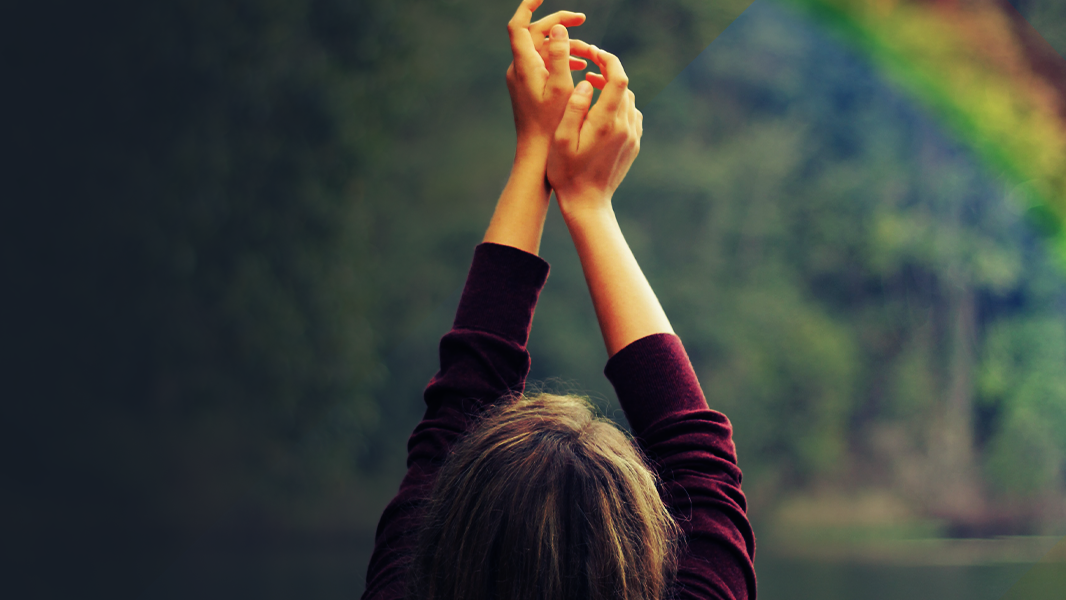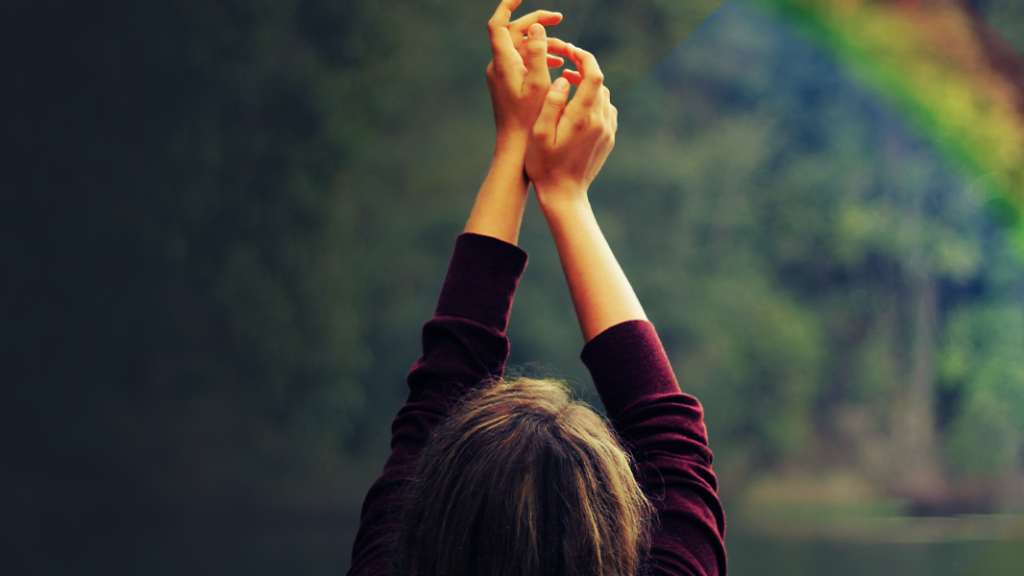

I learned to blend in 🏳️🌈
I’d like to share my story because as the child of addicts I’m only just able to embrace my sexuality at the age of 33. My story begins in the womb as I’m sure many of ours do. My mother and father were heroin addicts and my Mum gave birth to opiate dependent twins one of whom was me. I remember in later life a therapist explaining generational trauma and became curious of the impact of how my Mums childhood trauma and family alcoholism have been passed down to me but also how and where I’m passing this down to my own children.
My daughter was able to come out at 12, very publicly and bravely may I add. I have to believe some of that is down to me really paying attention to how I want to parent, looking at boundaries, consent, emotions and developing skills to have a healthy inner relationship with ourselves. Which I most certainly had none of in my childhood from my parents.
I remember being attracted to my friend Courtney at about age 8 and I knew then that I wanted to have romantic relationships with girls. But I also knew it felt like a huge secret and it was very important not to reveal that side of myself. Like if anyone found out I would need the ground to swallow me up. Today I can identify this feeling as shame.
I learnt it’s not safe to express anything that was my own.
Growing up with the parents I did, in the environment I did, I learnt it’s not safe to express anything that was my own. I learnt the dont talk, dont trust, dont feel from the relationship I had with my parents. My Mum had such low self esteem that the slightest differences between us she would take as a personal insult, a criticism. I think I got a lot of messages that developing any sort of sexuality was disgusting, especially one that belonged to the LGBTQ community. I remember being about 8 years old and her using humour to humiliate and shame me around a relationship I was trying to build. She would laugh almost hysterically at the dinner table upon finding out I was putting effort into a friendship I wanted to build.
My Dad was always the more obvious addict. He would hide it less and I always felt much more care from him. He always took much more responsibility as a parent. He did all the cooking and cleaning. He took us everywhere with him from school runs to drug runs. I could always sense he was hugely overwhelmed which made me feel like a huge burden. I learnt to blend into the background at a very young age. I learnt I wouldn’t be met emotionally. It was safer to try to be invisible at home than to face the sense of loss coming second to my parents’ addictions.
I couldn’t trust my feelings were ok
As a teenager I found myself hugely attracted to other girls. I couldn’t trust my feelings were ok and felt like I had to mould myself into different versions depending on who I was with. With my Mum I was filled with shame and knew she was homophobic. I remember she used to make homophobic jokes when I was a kid. I had to try and shut that part of myself down as a way to try and gain approval in the hope that I might get the Mum I always wanted.
Around my peers it was different. I felt like I wasnt that lovable and my self-esteem was so low that I thought all I had to offer was my physical self. I was trying to build an identity, a separate self away from my family but that had never been encouraged or built on, not even talked about. So as a teenager I think I was much more vulnerable than some of my peers that come from more functional homes. Even though my presenting behaviours were different between my peers and parents I was still focused on trying to get my need for acceptance met over being able to speak my truth.
Challenging my thoughts and feelings with kindness
Now as an adult I still struggle with the need to be in my truth and what can still feel like opposing needs of acceptance, It’s a ‘work in progress’. I got into recovery six years ago now and really have to challenge some of my thoughts and feelings in a kind way. After years of growing up with my parents’ addictions and expectations about having a heterosexual daughter, I realise I have been passed down some of those homophobic beliefs and ideas about what I should be. They’ve become internalised and have become my beliefs.
The same way I learnt to deal with emotions was to suppress them with drugs or alcohol. The generational trauma continues. Now I am more able to pay attention to the emotion that’s underneath the craving to drink alcohol instead of using alcohol to avoid it. I’m really glad that I found some tools to build a loving kind relationship with myself and am able to embrace my sexuality and still find acceptance.
A
For more experience stories, find Nacoa’s Support & Advice.
Resources for LGBTQIA+ people who moderate or don’t drink, check out Alcohol Change.

























































































